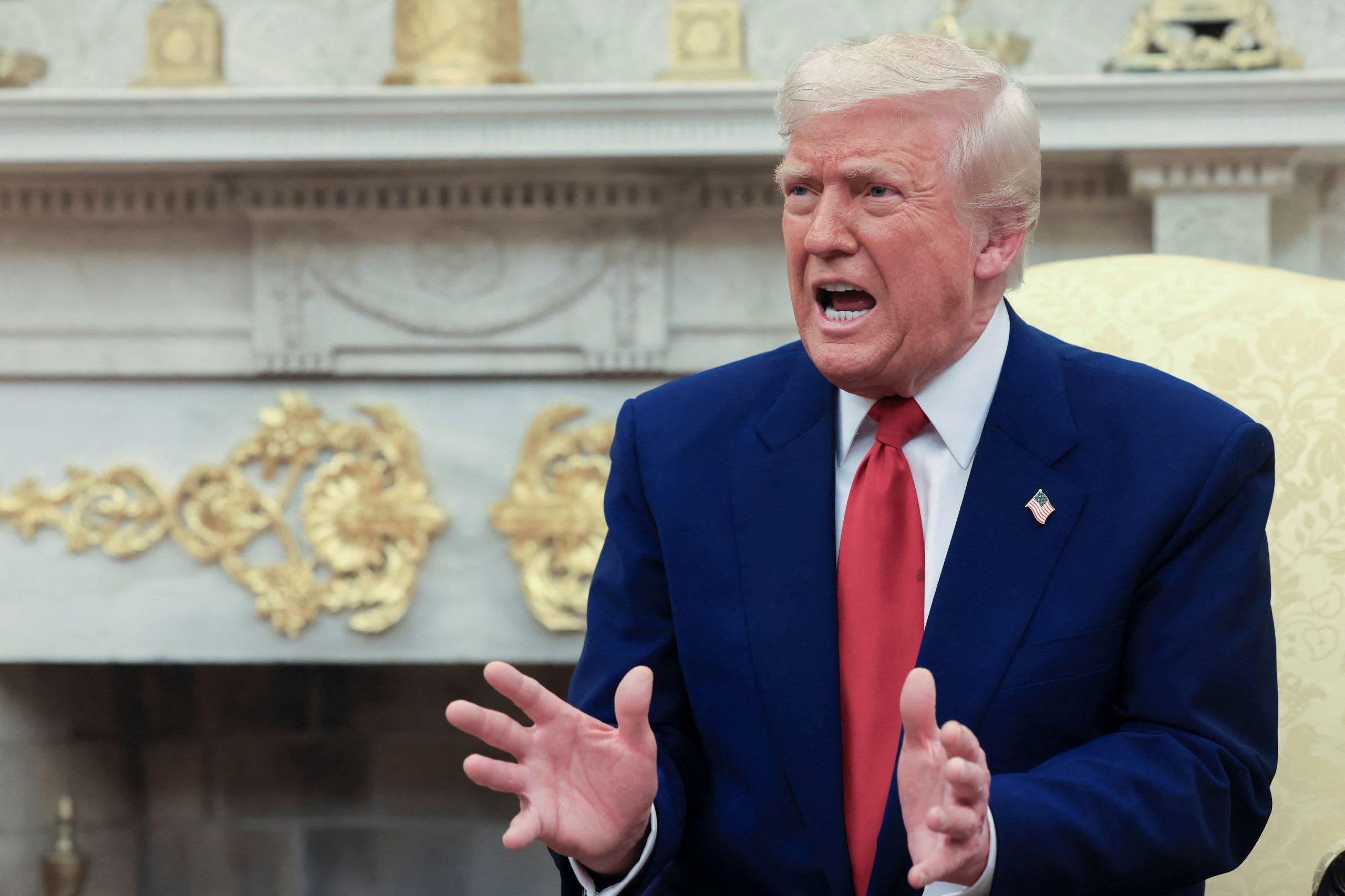Taken from CNBC’s Daily Open, our international markets newsletter — Subscribe today
The meaning of the word “reciprocity” is being strained by the Trump administration. Not only did the White House use a bizarre formula to determine the degree of its “reciprocal” tariffs on other countries, but it also refused to return the favor when Vietnam and the European Union offered to remove tariffs on U.S. imports.
White House trade advisor Peter Navarro said on CNBC’s “Squawk Box” that it’s Vietnam’s “nontariff cheating that matters,” citing examples such as how Chinese goods are often exported from Vietnam and intellectual property theft. This suggests that the Trump administration sees tariffs not just as a means to address U.S. trade imbalance (which, itself, is already not a good indicator of economic health), but also a way of fundamentally changing the way global trade and manufacturing are being conducted.
Business leaders, many of them steering companies that rely on — and have profited from — the current economic paradigm, are starting to voice their concerns and even vent their displeasure at Trump tariffs. Some are supporters and donors of the Republican Party. With the Trump administration’s idiosyncratic understanding of “reciprocity,” however, it seems unlikely it will repay their goodwill with its own.
What you need to know today
U.S. stocks keep falling
U.S. markets mostly fell Monday. The S&P 500Dow Jones Industrial AverageNasdaq CompositeNvidiaAmazonApplegot bludgeoned again.
EU leaders urge calm over market rout
The pan-European Stoxx 600slumped 4.5% Monday, paring earlier losses of more than 6% and closing at a 14-month low. Last week, the Stoxx 600 index logged an 8.4% loss, marking its worst week in five years. European Union leaders urged calm over the heavy sell-off in markets, saying that regional unity and composure will be an asset in dealing with Trump tariffs.
Trade war risks increase as U.S. rejects concessions
Risks of an intense U.S.-China trade war are rising rapidly after Beijing retaliated to Trump tariffs with levies of 34% on all U.S. goods, and Trump threatened to slap an additional 50% duty on China. White House trade advisor Peter Navarro said Monday that an offer by Vietnam to eliminate tariffs on U.S. imports “means nothing to us.” Trump also rejected the European Union’s offer of “zero-for-zero” tariffs with the U.S. for industrial goods.
Growing dissatisfaction and impatience
Home Depotnegotiations could go into June.
‘Probably in a recession’
Business leaders are sounding the alarm over a potential economic fallout from Trump tariffs. Blprobably in a recession right now.” JPMorgan Chaseannual shareholder letter Monday, wrote that tariffs are likely to cause “inflationary outcomes” and “will slow down growth” of an “already weakening” economy.
[PRO] Waiting for ‘sustained bottom’
DoubleLine Capital CEO Jeffrey Gundlach said on CNBC’s “Closing Bell” Monday that he’s concerned over the lack of bounce in the market, and would hold cash until the S&P 500 hits a “sustained bottom.” Here’s where Gundlach thinks the S&P 500 could end up before it starts to rise again.
And finally…
Bond yields tank around the world as investors take cover amid equity rout
Global bond yields cratered in the wake of U.S. Donald Trump’s tariff announcement last Wednesday, as investors hunt for any safe havens amid the stock market sell-off.
The yield on Germany’s 10-year bund — the benchmark for the euro area — had dropped from 2.72% on Wednesday to below 2.6% on Monday afternoon, though ticked higher to 2.65% at the end of the session.
Government borrowing costs have also tumbled in Asia. Japan’s 10-year bond yield on Monday hit a three-month low, coming off its biggest weekly decline since 1998, according to economists at Deutsche Bank.
But economists warn the rally may not be sustainable if inflation concerns persist.
International: Top News And Analysis
Read the full article <a href="Read More” target=”_blank”>here.



